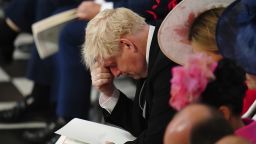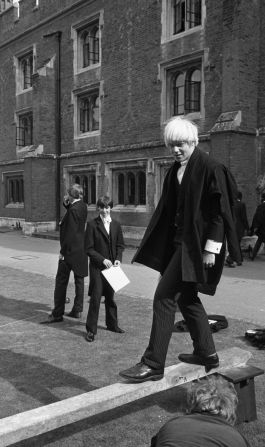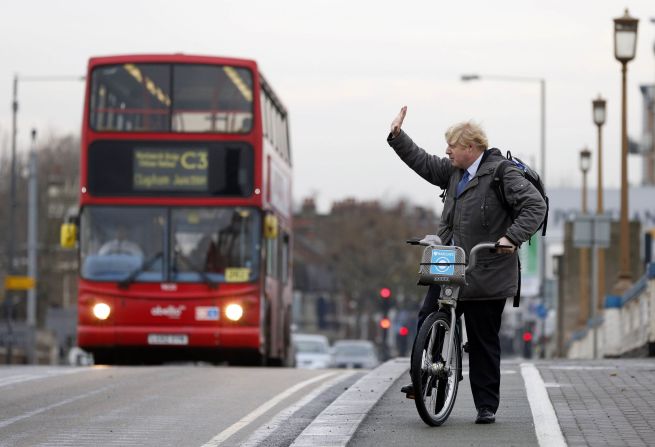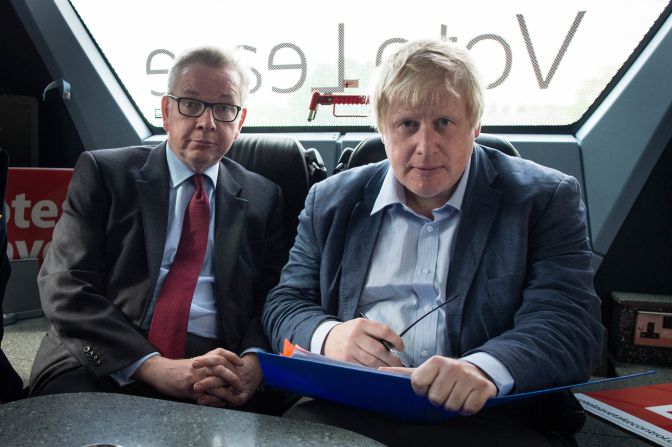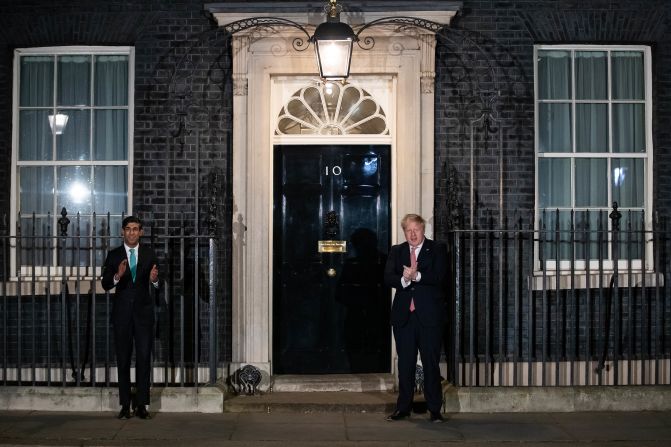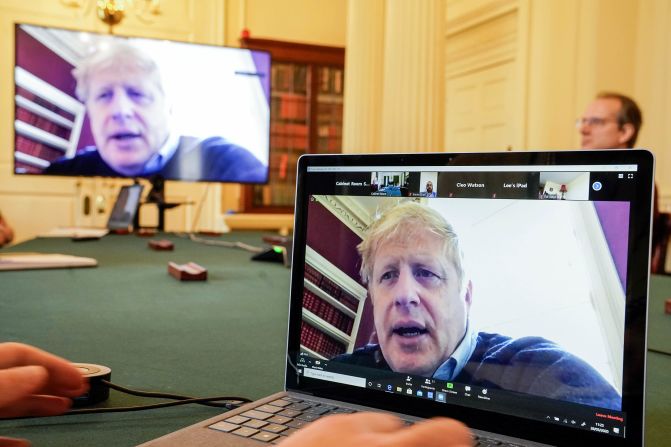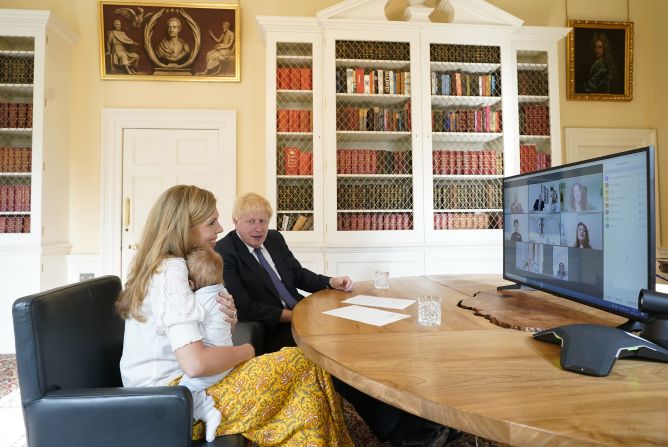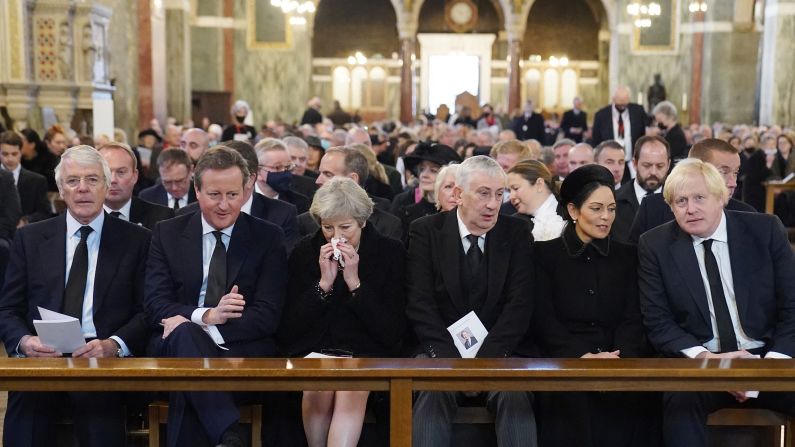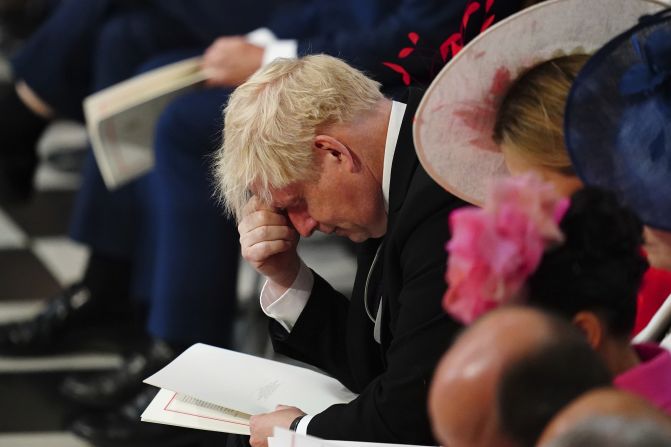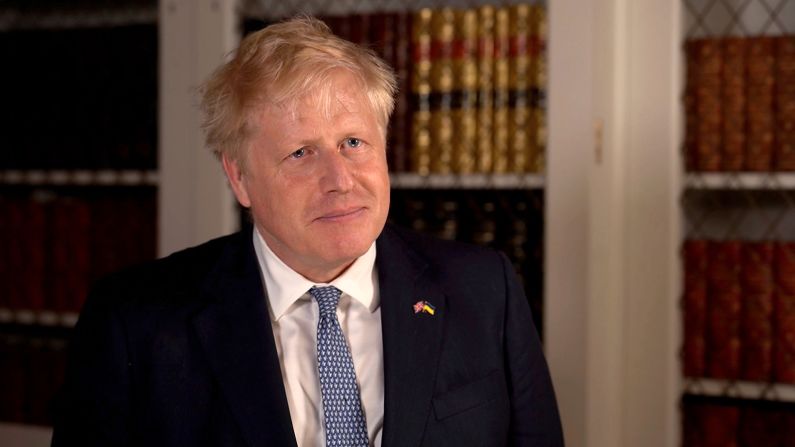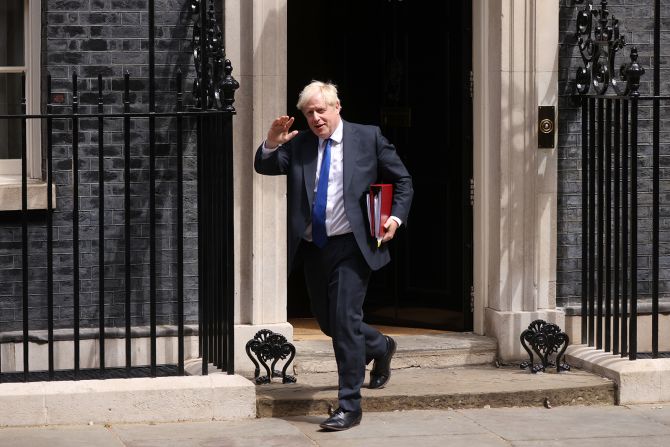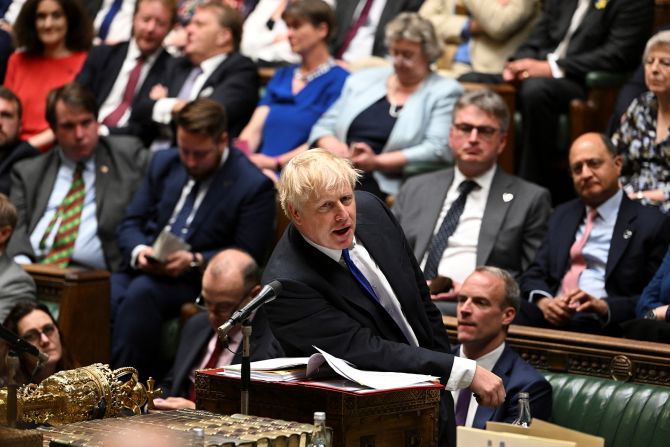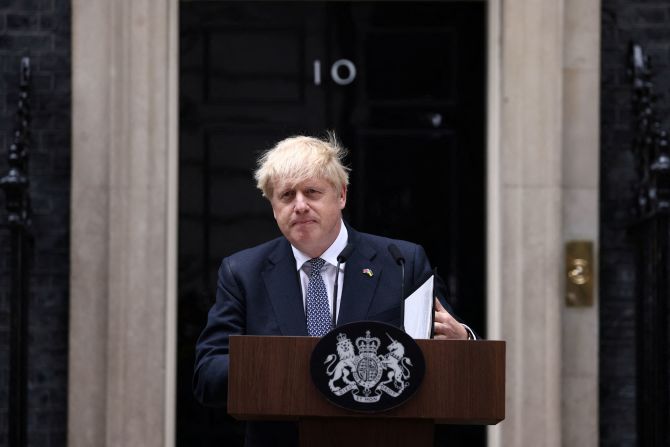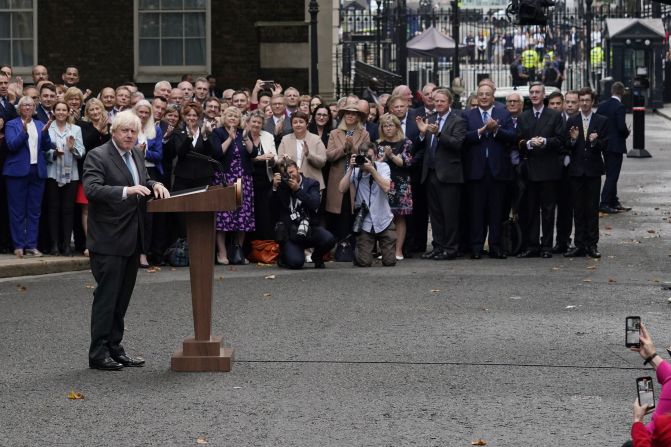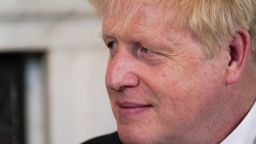British Prime Minister Boris Johnson has survived a vote of confidence triggered by discontented lawmakers in his own Conservative Party, but his troubles are far from over.
Johnson won the ballot on Monday with a significantly smaller margin than he and his allies had hoped for, suggesting that his leadership of the party – and by extension the country – has been shaken.
Here’s what that means, and what’s next for him:
What happened on Monday?
The vote of confidence was triggered after at least 54 of Johnson’s own MPs – or 15% of Conservative lawmakers in the House of Commons – submitted a confidential letter of no confidence to the chair of the 1922 Committee, a group of backbench lawmakers who do not hold government posts.
As a result, a secret ballot was held on Monday evening, where 211 Conservative MPs voted to keep Johnson as the party leader, while 148 voted for his removal.
Why is he facing so much pressure?
Johnson’s premiership has been shaken by the so-called “Partygate” scandal, with months of allegations of alcohol-fueled parties and gatherings at the heart of his government during pandemic lockdown restrictions eroding support in his leadership.
But the scandal is just one reason for the rebellion.
Johnson has also been criticized for his response to a cost-of-living crisis, his inability to deliver on promises to boost the economy in northern England by creating new transport links, as well as his attitude toward the Northern Ireland protocol and the ongoing effects of Brexit.
Was the result a surprise?
Yes and no. Johnson was expected to win the vote, especially given that around 180 MPs are thought to be on the government payroll and thus directly connected to the Prime Minister – among them ministers, parliamentary private secretaries and party vice chairs.
But while Johnson and his allies tried to spin the vote’s result as a “convincing” and “decisive” number, the final count of lawmakers who rebelled against him was far higher than his supporters expected.
Before the ballot, some analysts said that if the number of MPs voting against him exceeded 100, he’d be in serious trouble.
Does it mean he is safe?
Technically and for now, yes.
Under current Conservative Party rules, a leader who survives a confidence vote is safe from another such challenge for 12 months. These rules, however, can change at any time – as many pointed out on Monday and Tuesday.
In photos: Former British Prime Minister Boris Johnson
What are the next big challenges?
The large rebellion by his lawmakers will leave Johnson’s reputation diminished. It could also damage his ability to push through legislation.
“The number of rebels who voted to oust Johnson far exceeds the Conservative Party’s working majority of 75 seats in the House of Commons. If the rebels are determined, they could threaten to stall the government’s legislative agenda which would further weaken the Conservatives’ standing in the polls and heap further pressure on Johnson,” Kallum Pickering, senior economist at Berenberg bank, wrote in a note to clients.
The Conservatives are also facing two difficult parliamentary by-elections in late June after two of their backbenchers were forced to resign amid their own scandals. Losses in those polls could heap more pressure on Johnson ahead of a national general election expected in 2024.
What are Johnson’s options now?
Judging by his comments so far, the Prime Minister will aim to continue to cling on. In a statement Tuesday morning, Downing Street said Johnson will gather his Cabinet on Tuesday and “pledge to continue delivering on what matters to the British people.”
Johnson won on Monday, but the fate of his predecessor Theresa May will still be fresh in his memory.
May also faced a no-confidence vote – again, triggered by Conservative lawmakers. She survived that vote – with a larger margin than Johnson – but ultimately resigned a few months later. If it turns out Johnson’s standing has been damaged beyond repair, he might opt for a voluntary exit rather than face the humiliating demise that she endured, which ultimately led to Johnson becoming Prime Minister.
A nuclear option, which Johnson on Monday said he had no interest in, would be to call a snap election. Johnson was keen to remind his lawmakers on Monday that it was he who led the party to its biggest electoral win in 40 years in 2019.
What are the options for the opposition?
Labour Party leader Keir Starmer predicted to LBC radio that Monday’s ballot would mark “the beginning of the end” of the Prime Minister’s political career – no matter which way it went.
Following the vote, Starmer said Johnson was “utterly unfit for the great office that he holds” and accused Conservative lawmakers of ignoring the British public. “The Conservative government now believes that breaking the law is no impediment to making the law,” he added.
Johnson became the first UK premier in history to be found to have broken the law in office when he attended a gathering to celebrate his birthday in breach of Covid-19 restrictions.
Starmer’s deputy, Angela Rayner, told the BBC on Tuesday that the opposition would “consider all options” when asked if the Labour Party was thinking about triggering another vote of confidence in Johnson, this time across the whole of Parliament.
Scotland’s First Minister Nicola Sturgeon called Johnson an “utterly lame duck” following the vote.
“That result is surely the worst of all worlds for the Tories. But much more importantly: at a time of huge challenge, it saddles the UK with an utterly lame duck PM,” Sturgeon said in a tweet on Monday night.
CNN’s Tara John, Rob Picheta, Luke McGee, Lauren Kent, Amy Cassidy, Sarah Diab and Lianne Kolirin contributed reporting.


